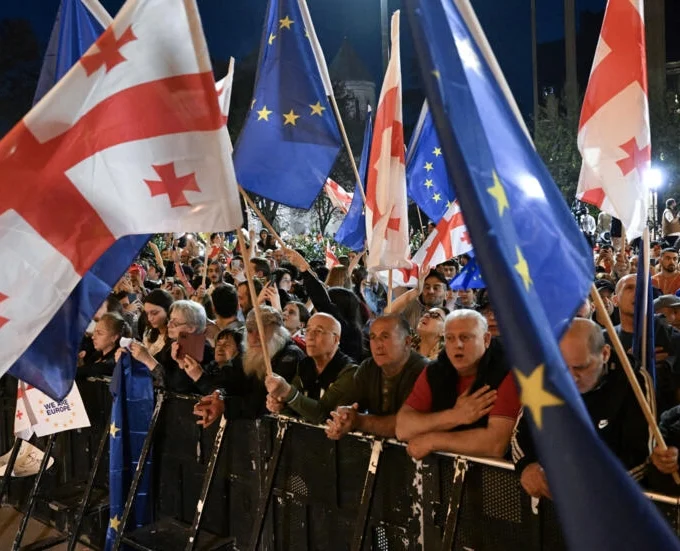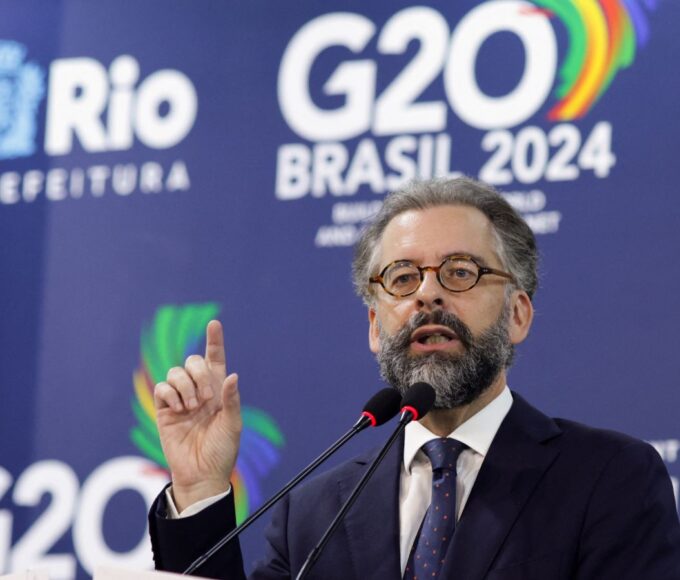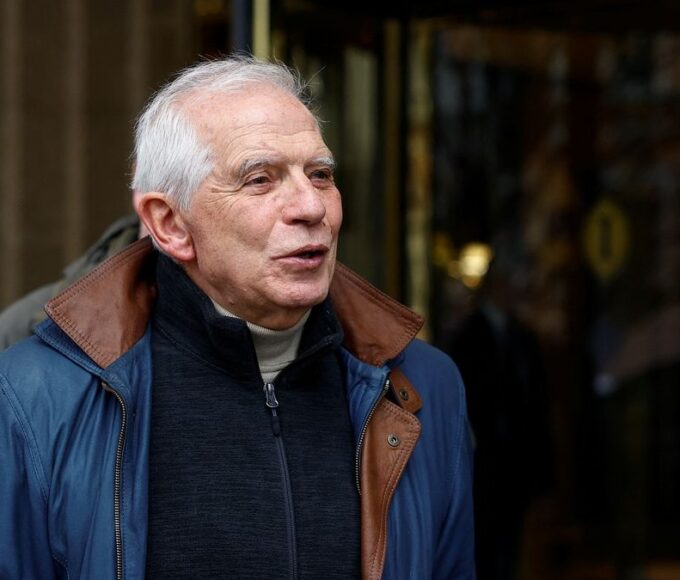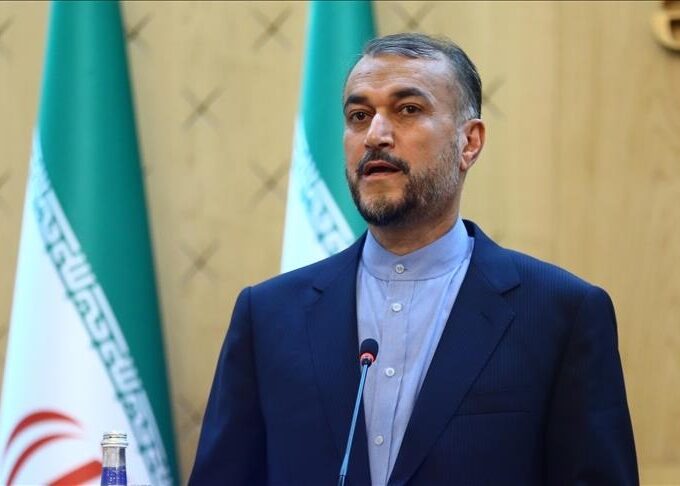The intelligence services control committee, known as “Comité R”, recommended in December that a control investigation be carried out quickly to ensure that the Belgian services have sufficient means, both legal and operational, to detect the threat of interference from foreign powers through the funding of political parties, institutions or personalities.
The committee sent this recommendation to the Chamber on December 23 in a report whose conclusions had already been partly aired in the press and which the Belga Agency was able to read. It followed a September 13 US report on how Russia had financed political parties around the world since 2014. Sources cited by AFP had presented Brussels as a hub.
The American report does not target Brussels or Belgium in particular, points out the R committee. State Security (civilian intelligence) does not have information showing that Belgian political formations are structurally financed by foreign powers. And concerning Russia, she notes that given the means at her disposal, Belgium is perhaps not the most profitable target for interference. An investigation into the 2019 elections did not reveal any significant interference. Belgium is not ignored, however: “For a long time, Russia has been targeting Belgian political circles”, as well as public opinion and certain media, she notes.
The interference is not always the work of the secret services. It may be the work of other organizations, such as the Russian Orthodox Church, Russian NGOs, certain oligarchs, etc. The means used: denial, disinformation, manipulation of information which result in the co-optation of individuals or organizations which are the spokespersons of Russian interests, Russian media, so-called independent experts or campaigns trolling on social networks.
The Object of Russia’s Attention
In the political field, it is the extremist parties that are the object of Russia’s attention when it considers that they can lead to a political orientation that would be more favorable to it. And to specify: the parties and personalities who question the international liberal order in place since 1945 constitute “ideological allies of the Russian intelligence services”. Opposition to the Atlantic alliance and hostility to immigration would form particularly prominent characteristics. No party is mentioned.
Russian interference in European and NATO-related political circles is also monitored by the intelligence services. In this respect, the report notes that Brussels as a diplomatic capital constitutes an “ideal” classic spy scene.
In total, State Security has written 554 investigative reports on Russian interference since 2014, sent 422 messages to international partners on this subject, received 5,070 messages from them and sent 81 messages to federal authorities. and/or regional.
Russia is not the only power involved, as demonstrated by the corruption scandal in the European Parliament involving Qatar and Morocco. The R committee even notes that the outbreak of the war in Ukraine has prompted personalities who displayed their closeness to Russia to distance themselves from now on. However, the threat has not gone away. Last Thursday, the National Security Council, chaired by the Prime Minister, devoted part of its meeting to the situation in Ukraine and received an update from the security and defense services on the hybrid war that Russia was waging against Western countries. Particular attention was paid to acts of sabotage and destabilization activities.
“We are facing extremist groups that are sometimes very favorable to the Russian agenda and who try to destabilize our way of life. We must be very alert in this regard”, commented Alexander De Croo during a press conference. .
Last year, the Senate decided to write an information report on this theme of foreign interference. Several hearings have already taken place, including that of representatives of State Security and SGRS (military intelligence). Experts and academics also intervened. Ten days ago, Professor Tanguy Struye de Swielande (UCLouvain) addressed the case of Russia and China in a global context where liberal democracies have been retreating for 15 years.
“The objectives of the Chinese and the Russians are very clear: interference in our democracies to weaken us (…) The Russian and Chinese approaches are completely different from ours. They do not make a difference between peace and war They are continuously in a logic of competition and try to use all the elements of power to interfere and weaken us,” he warned.
This article is originally published on lalibre.be








